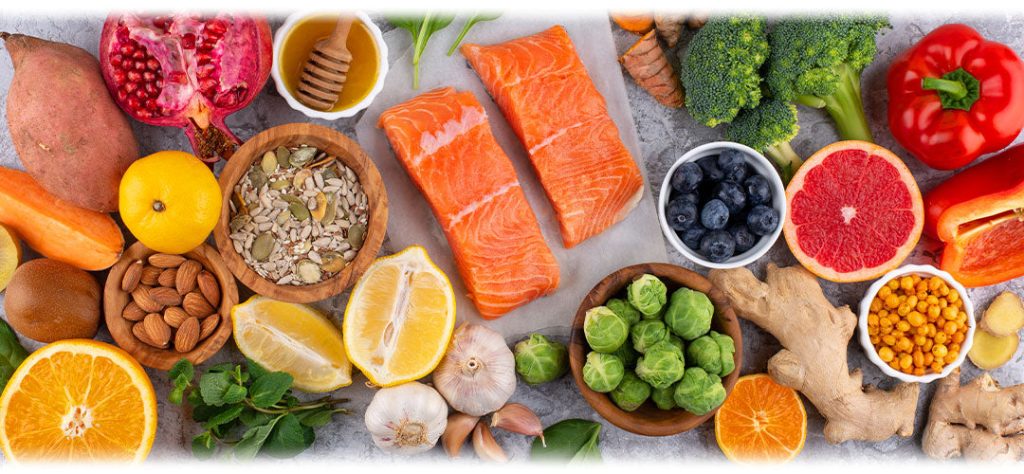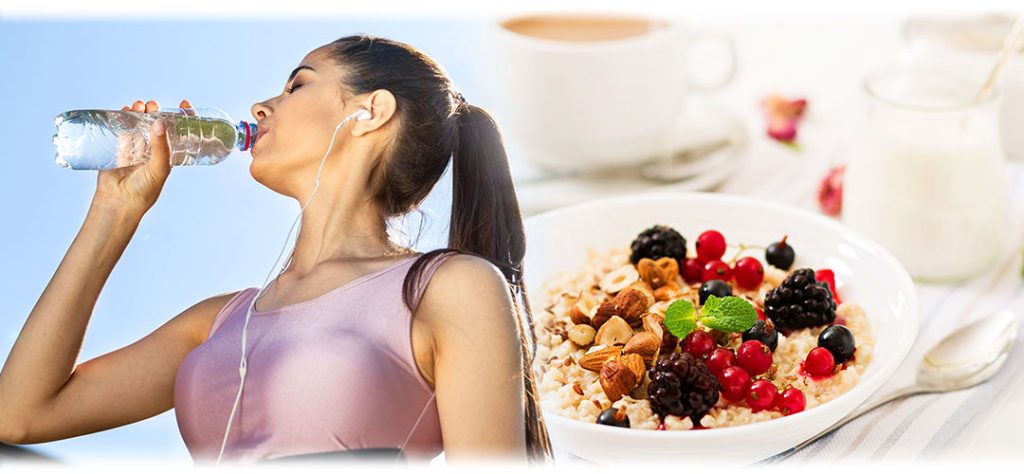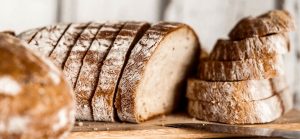Everyone knows that nutrition is vital to maintaining better overall health and wellbeing.
But, it can get complicated when it comes to actually figuring out what to eat. Good nutrition is about so much more than just counting calories. It encompasses health, weight management, fitness, wellbeing, and so much more.
It is about having a balanced diet that includes plenty of vegetables, protein, and wholegrains. Many factors go into the nutritional value of food. For example, there are processed foods with high calories but low nutritional value, and there are wholefoods with fewer calories but higher nutritional content. Some people may need to take vitamins or supplements to get all the nutrients they need.
Your diet should include the right balance of macronutrients (protein, carbs and fat) and micronutrients (vitamins & minerals). It’s not always easy to figure out what will be best for your body or help you achieve your goals, especially when the outside world is telling you that many foods are bad for you, and you should limit your calorie intake as much as possible.
To stay fit and healthy, it’s essential to pay attention not just to the number of calories being eaten but also to the type of food you’re consuming. Here, we take a closer look at how you can maximise your diet to get the most nutritional benefit from your food.

What Are Macronutrients?
As we said above, a healthy, balanced diet should contain the right mix of macronutrients and micronutrients. The bulk of your food will be made up of macronutrients, which provide the calories, energy and nutrients your body needs to stay healthy. They are split into three main groups – protein, carbohydrates and fat:
Protein
As nature’s building block, protein supports several essential body functions, including skeletal strength, organ development and muscle growth. Because your body can’t store protein, eating small amounts at regular intervals is better than eating your recommended daily intake in one or two meals. Nuts, lean meat or fish, and dairy products like yoghurt, cheese and milk are all excellent natural sources of lean protein.
Carbohydrates
Your body gets most of its energy from carbohydrates, which should make up between 50%-60% of your diet. Carbs are broken down and converted into glucose, which provides energy to your muscles and vital organs. There are two types of carbohydrates – simple carbohydrates such as white rice, potatoes and white bread, and complex carbohydrates, like wholegrain rice or pasta and brown bread. Simple carbs give a quick energy boost, whereas complex carbs provide a slower, more consistent release of energy for longer. Dietary fibre, a vital macronutrient, is classed as a carbohydrate.
Fat
Fat, like carbohydrates, is an energy source. While your body needs fat to help it absorb vitamins and minerals, keep warm and provide the essential fatty acids your body requires to function correctly, too much can lead to weight gain. So, a healthy diet should comprise no more than 5%-10% of fat.
There are two types of fat, saturated and unsaturated. You should limit your saturated fat intake, which is usually found in processed and junk food, and focus on including unsaturated fat in your diet. Good natural sources include oily fish, nuts, seeds, olive oil and avocado.
What Are Micronutrients?
Micronutrients are the nutrients you need in small amounts to support your organs and promote normal development, growth and body function. Most people think of vitamins and minerals when they hear the term micronutrients, but there are other types, too, including antioxidants and probiotics. Micronutrients help keep you healthy by preventing illness and cell damage. That’s why it’s vital to pay attention to the foods you eat and what you put into your body to get enough of these essential nutrients.
Vitamins play an essential role in supporting the health of your key body systems and good organ function. Meanwhile, minerals help your body to make enzymes, hormones and other chemicals that keep your key body systems functioning as they should. There are two types of minerals – macro-minerals and trace minerals.
While both types are essential, your body needs more macro-minerals (including Calcium, Phosphorus, Magnesium, Sodium, Potassium, Chloride and Sulphur) and smaller amounts of trace minerals (like Iron, Manganese, Copper, Iodine, Zinc, Fluoride and Selenium), to stay healthy.
Unfortunately, your body can’t produce vitamins or minerals in sufficient amounts, so you can only obtain them through a healthy, varied diet. No single food type contains all the essential micronutrients the body needs to stay healthy and work correctly, so ensuring you eat a variety of foods is vital. If you want to find out more about the individual micronutrients and the role they play, check out the following blogs:
- Vitamins – A simple explainer
- Minerals – A simple explainer

Tips to maximise the nutritional benefits of your diet
When it comes to ensuring you’re getting the most nutritional benefit from your food, there are several things you can do. The goal is to maximise the number of nutrients your body absorbs from your diet and quickly eliminate anything it doesn’t need. Here are a few tips to help you supercharge your nutrition:
Always get your protein
As we said above, protein supports muscle growth and keeps your cells healthy, so making sure you get enough is essential. When coupled with physical activity, eating around 25 grams of protein per meal will optimise your body to build muscle and repair cells throughout the day. That’s the equivalent of a cup of Greek yoghurt with a handful of almonds, a piece of lean meat or fish about the size of a pack of cards, or a shake or smoothie made with your favourite protein powder. Eggs, tofu, nuts and legumes are all excellent natural protein sources.
Don’t skip breakfast
It might be cliched, but breakfast really is the most important meal of the day. Unfortunately, it’s also the most common meal to skip. A good breakfast sets you up for the day. It helps to replenish nutrients used while sleeping and give you the energy you need to go about your business.
Eggs, wholegrain cereals, dairy products and fresh fruit and veg all make excellent breakfast items to help you start the day in the right way.
Eat nutrient-dense foods
The best foods to choose for optimal nutrition are nutrient-dense ones, like fresh fruit and veg, wholegrains, lean meats and low-fat dairy products. Not only do they fuel your body, they also provide a good array of micronutrients that support your body’s key systems and keep you healthy.
Foods that are low in nutrients – such as processed ingredients, ready meals, takeaways and junk food – might taste good and be high in calories, but they contain little nutritional benefit. While the odd treat now and then won’t hurt you, regularly overindulging can lead to long-term health complications.
Stay hydrated
Drinking plenty of water will help your body absorb and carry the nutrients it needs to the organs that need them. Sipping water throughout the day will help you stay hydrated, especially after exercise or physical activity. Electrolyte drinks are also good for rehydrating quickly if you’re dehydrated from travel, heat or illness.
Don’t overcook your food
Heat can break down the micronutrients in fresh ingredients, especially fruit and vegetables, so you lose all the nutritional benefits. So, cook your fresh ingredients gently to protect the delicate balance of vitamins and minerals. Blanching, steaming, sautéing, roasting or microwaving are all better than boiling the life out of your fresh vegetables. Eating them al denté or raw where possible is your best bet. Besides, nobody likes a bowl of limp and soggy veg, right?
Eat when you’re hungry, stop when you’re full
One of the best ways to maximise the nutritional benefit of your diet is to listen to your body. It will tell you when it needs more energy or lacks a particular nutrient. If you eat when you are slightly hungry and stop when you’re slightly full, it will help keep your digestive system happy and give your gut the chance to process all the food you consume correctly. If you under or over-eat, it can cause spikes and falls in energy.






